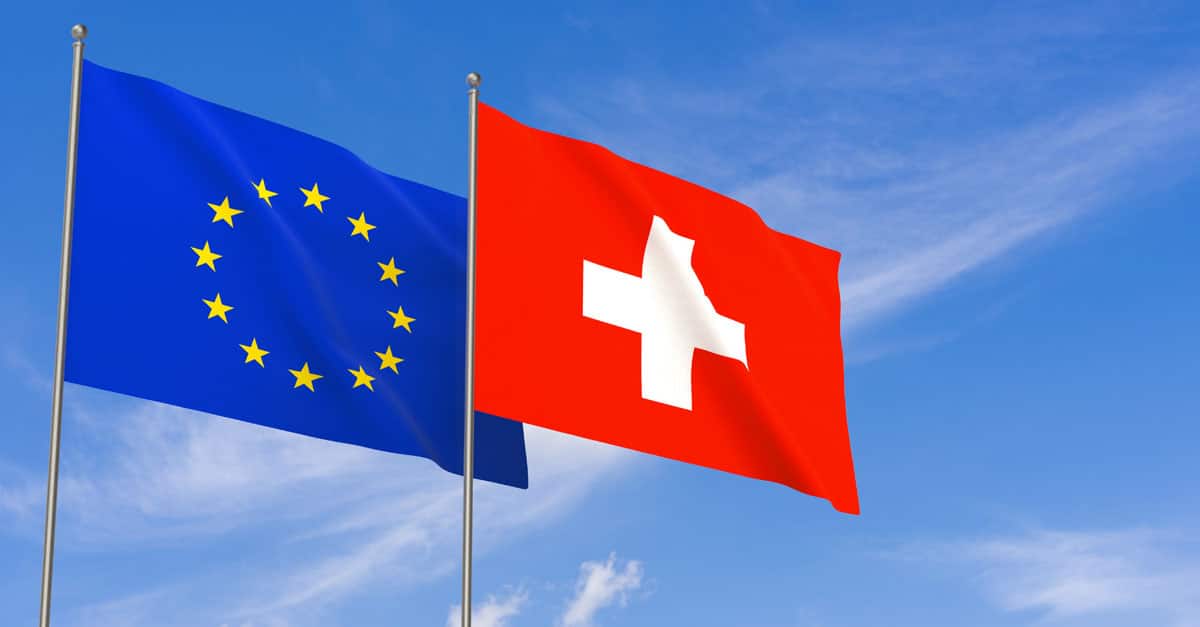Bilateral agreements as the basis for relations
In 1999, Switzerland signed seven bilateral agreements with the European Union (EU). In 2000, they were approved by the Swiss in a referendum with 67.2 % votes in favour. The EU and Switzerland are subject to common rules in the areas of free movement of persons, land transport, air transport, technical barriers to trade, public procurement, research and agriculture.
The seven agreements are legally linked by the guillotine clause, which means that if a contracting party terminates a sectoral agreement, the entire package of the seven agreements automatically ceases to apply after six months. The ties between Switzerland and the EU are based on the so-called “Bilaterals I”.
The mood begins to chill
Switzerland is not part of the European Union and does not want to become one. For about two decades, Switzerland has managed its relations with the EU through bilateral agreements. And it wants to continue this bilateral strategy. The EU was negatively surprised when the Swiss government ended negotiations on an institutional framework agreement with the EU in May 2021. As long as the institutional problems are not solved, it does not want to sign any new agreements. Switzerland was also removed from the list of participating countries in the Horizon Europe research programme. Larissa Rhyn, SRF’s Federal House correspondent, explains that this gives the EU an opportunity to encourage renegotiations.
Outlook for the future
So where do we go from here? “The EU would like to have a binding agreement soon,” says Rhyn. After all, the presidency of the EU Commission changes in 2024. If everything is not wrapped up by then, the personal contacts between the negotiating partners would have to be re-established, which could slow down the process or make an agreement more difficult.
Your Wealth, Our Priority: Altoo's Consolidation Power, Secure Document Management, and Seamless Stakeholder Sharing for High Net Worth Individuals. Preview Platform.
Switzerland, on the other hand, is more likely to put the brakes on. “In Switzerland, one has the feeling that some parties would rather delay the whole thing a little longer because elections are coming up in October 2023 and the topic of Europe is a very sensitive one for many,” says Rhyn. So, as usual, relations between Switzerland and the EU are creeping along.









